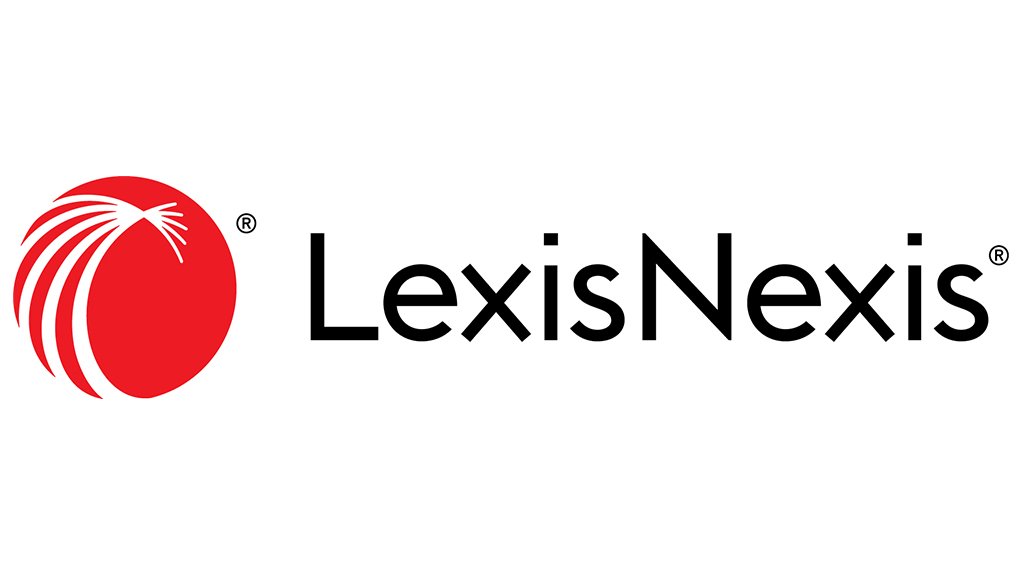The Covid-19 pandemic has resulted in unexpected and emergency procurement of good and services. On a global basis this procurement has stretched public and private sector resources and put procurement under the spotlight. In the African context this has served to highlight procurement fraud and corruption.
In his recent address to the nation, President Ramaphosa stated that more so than at any other time, corruption is costing lives. “We are determined that every instance of alleged corruption must be thoroughly investigated, that those responsible for wrongdoing should be prosecuted and that all monies stolen or overpriced are recovered,” he said. “The consequences for those who break the law or bypass regulations will be severe.”
Public procurement law is one of the fastest growing areas of law globally. In recent years, the role of public procurement in supporting development has been highlighted, becoming a major theme of research, and included among the United Nations Sustainable Development Goals.
Yet, despite it being estimated that on average about 15% of the GDP of Sub-Saharan African countries is expended on public procurement, there is limited research on public procurement and the role of law in Africa. A recent publication released by LexisNexis, Public Procurement Regulation in Africa: Development in Uncertain Times aims to address this gap in the literature.
Transcending academic legalese and philosophical discourse, the title puts forward ideas on arresting procurement maladies and will also be useful for administrative, law enforcement functionaries, consultants, academics, and students interested in expanding their procurement knowledge while contributing meaningfully to African procurement reform.
In her foreword, Professor Thuli Madonsela, former Public Protector of South Africa, says, “Procurement has become the Achilles’ heel of state affairs in South Africa and other parts of the African continent. Yet properly handled, procurement can contribute meaningfully towards good governance and state delivery on sustainable development goals and the advancement of social justice and related human rights.”
Editors Geo Quinot and Sope William-Elegbe, both professors of law at Stellenbosch University and co-directors of the African Procurement Law Unit, bring together a number of essays from academics and professionals working in public procurement law, focusing on public procurement regulation in Africa aimed at development in uncertain times.
Working on a social compact for economic recovery, growth and transformation needs to be the focus for both the private and public sector, with compliant procurement playing a pivotal role in this process. Understanding and identifying the many fault lines that exist to allow for procurement irregularities, will serve to red flag fraud and corruption and increase efficiencies and compliance with the law. As the COVID-19 pandemic has clearly shown, there has never been a more urgent time to engage with these issues.
Need to understand public procurement regulation in Africa? Click here for further information.
EMAIL THIS ARTICLE SAVE THIS ARTICLE ARTICLE ENQUIRY
To subscribe email subscriptions@creamermedia.co.za or click here
To advertise email advertising@creamermedia.co.za or click here











